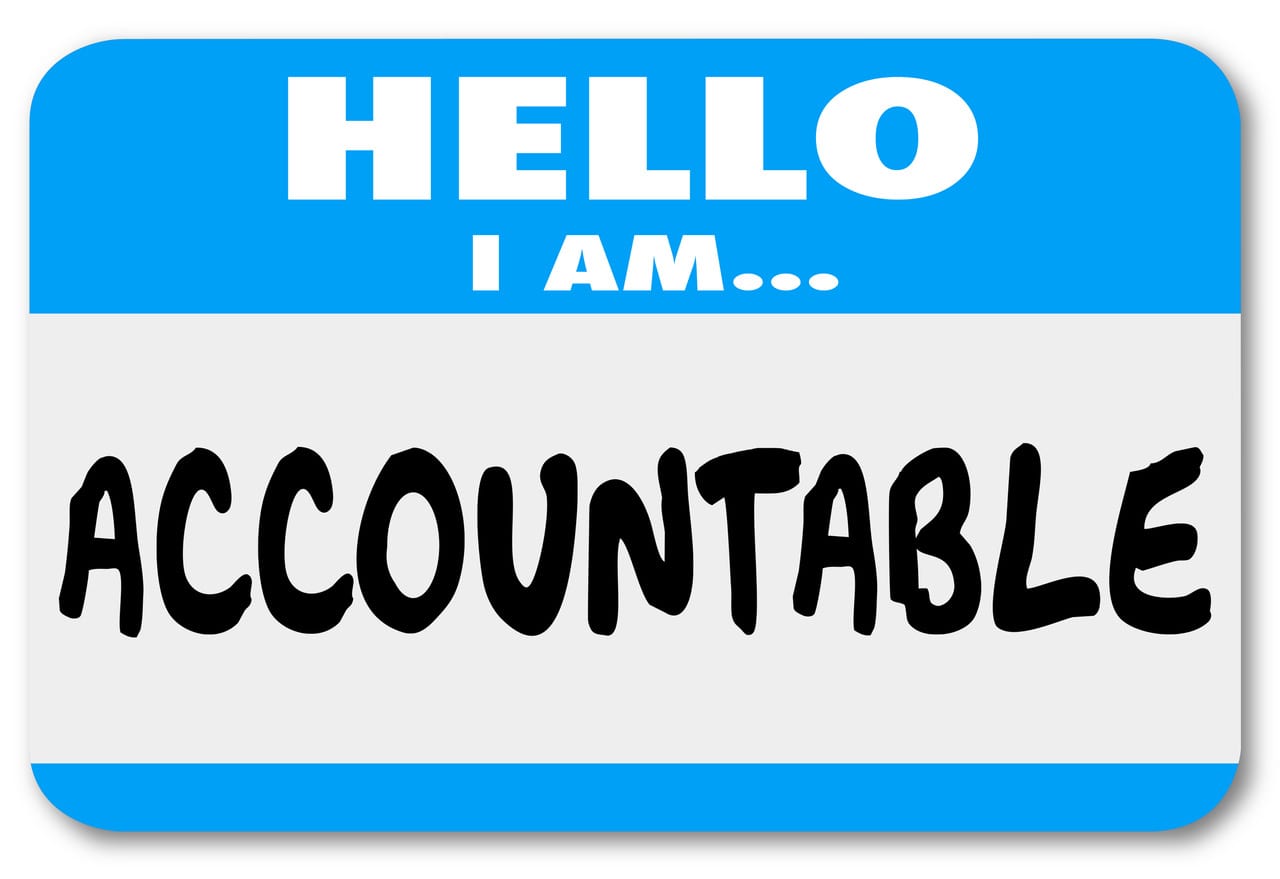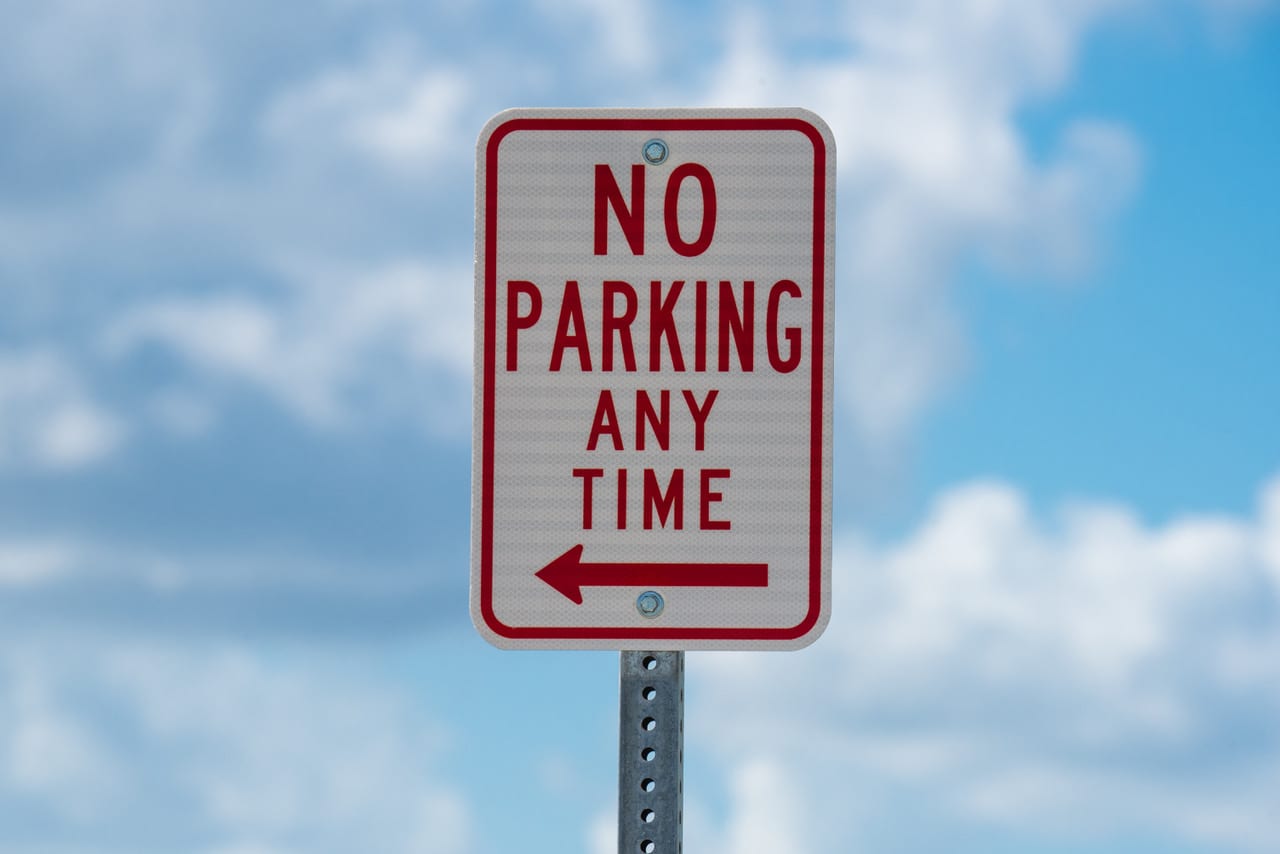filter posts:
Date
Finding Hope in Unimaginable Suffering
 There may not be a greater pain than the loss of a newborn baby, just one hour old. That is the pain we suffered as a church family last week, and the weeping continues. Where can we find hope at such a time as this? The same place that Mary and Martha found hope, after their brother Lazarus had died.
There may not be a greater pain than the loss of a newborn baby, just one hour old. That is the pain we suffered as a church family last week, and the weeping continues. Where can we find hope at such a time as this? The same place that Mary and Martha found hope, after their brother Lazarus had died.
Read the story in John’s gospel, chapter 11. Three important truths emerge that are helping us deal with our pain.
First, in the midst of intense grief, it is the human response to ask why, and to seek someone to blame. You will see that both Martha and Mary said the same thing to Jesus when he arrived outside of Bethany: “Lord, if you had been here, my brother would not have died.” We must be very careful with the “what if” questions at a time of grief. Again, they are the human tendency. We want answers when something like this happens. We want to know what went wrong, and ultimately, we want to know who is at fault.
The sisters in Bethany got it right: Jesus was responsible for Lazarus’ death. If he had been there when Lazarus was sick, he could have healed him. Without question. The Jews got it right when they said, “Could not he who opened the eyes of the blind man also have kept this man from dying?” Again, without question, he could. In fact, when Jesus heard Lazarus was sick, he could have healed him from right where he was; Jesus did not have to be physically present to heal. That was true of Jesus then, and it is true of Jesus now.
We do not know why this precious baby died. But we know that no one is to blame. It was the sovereign will of a good and holy God. That’s what drives us to the next truth.
Second, in the midst of intense grief, it is the spiritual response to seek the Lord, because he loves us.
Martha and Mary sent word to Jesus when their brother was sick. And they went to meet Jesus after their brother had died. They loved Jesus, but more importantly, they knew Jesus loved them. That’s why they couldn’t understand why it happened. We struggle in the same way, asking why the Lord would do such a thing, when we know that the Lord is good and that he loves us. We know the Lord loves the parents of this little boy who died. We know the Lord loves his church that suffers along with them. That is why the human response is to ask why, or to reject God, when the spiritual response must be to run to him. Mary and Martha did what we must do. When we are tempted to doubt God’s love for us, we go to him.
In this story we see that Jesus was deeply moved by the grief of the family and friends of Lazarus, and he wept. Why did Jesus weep? It was not because he didn’t know what to do, or because he had let them down by not coming. Or because the whole thing had gone wrong and he never intended for all of this to happen. No! To believe any of that is to doubt the absolute loving sovereignty of our God. He wept because he loved them. That is why we have wept, and still weep. The brokenness of this church this week, the weeping we have done together, is because we love this family; they are part of us, the family of God.
Finally, we hold onto one towering truth. Jesus said to Martha: “I am the resurrection and the life. Whoever believes in me, though he die, yet shall he live.” He is the resurrection and the life for babies, for they are not at the age where they can trust him. He is the resurrection and life for the rest of us who do trust him alone for our salvation. That is the foundation for our faith, and it is why we gather every week to sing and pray and preach and give and serve. It is why we hold onto one another during times of grief, and it is why we can rejoice even in the midst of unimaginable suffering.
In Jesus we have hope for resurrection, and that hope will not disappoint.
March 26, 2019
Loving Accountability is Not ‘Micromanagement’
 I really like John Rosemond’s column in the Times-News, and generally I agree with him. Every now and then, though, I just have to take issue with his advice. The question from concerned parents several years ago was what to do about their 17-year-old daughter and her boyfriend. The letter said the daughter is an honor student, and is not a risk-taker, “except with boys.” She and her current boyfriend are chafing under her parents’ rule that they cannot be alone together, and she has been caught texting her boyfriend about “sneaking out in cars to be alone.”
I really like John Rosemond’s column in the Times-News, and generally I agree with him. Every now and then, though, I just have to take issue with his advice. The question from concerned parents several years ago was what to do about their 17-year-old daughter and her boyfriend. The letter said the daughter is an honor student, and is not a risk-taker, “except with boys.” She and her current boyfriend are chafing under her parents’ rule that they cannot be alone together, and she has been caught texting her boyfriend about “sneaking out in cars to be alone.”
Mr. Rosemond started his response by saying, “Your question, however brief, absolutely drips with evidence that the two of you are guilty of world-class micromanagement.” He then went on to define “micromanagement” and its effects, “deceit, disloyalty, conflict and communication problems.” Rosemond said that these young people are engaging in three of the four of those effects and the final one, disloyalty, will surely follow if the parents continue in their destructive behavior of micromanagement.
Mr. Rosemond seemed to ignore the towering clue in the parents’ question, that their daughter tends to be a risk-taker with boys. They know their daughter; Mr. Rosemond does not. He casts that aside and seems to imply that the parents are incompetent because they want to maintain standards of behavior with their daughter for her own protection. Mr. Rosemond admits that young children need tight reins on their behavior, and I agree that as our children grow, those reins need to be loosened, in direct proportion to the wisdom and responsibility our children display. Rosemond even agrees that “some teens, because they have demonstrated a serious inability to make good decisions, may need to be micromanaged.” But then he goes on to say, “the very teen who needs it is not going to submit to it. A teen who does not need it is not going to submit to it, either. Therefore, micromanagement does not work with teens. Period.”
Wow. I know Mark Twain quipped, “When a child turns 12 you should put him in a barrel, nail the lid down and feed him through a knot hole. When he turns 16, plug the hole.” That view of parenting teens would be on one end of the scale. Mr. Rosemond’s counsel sounds dangerously close to the other extreme, where one might suggest, “Teenagers are going to do what they want to do, no matter what we tell them and no matter how we have trained them. So, let’s take our hands off, let them go, and pray for the best.” I would suggest there is a healthy middle ground between an authoritarian and a laissez-faire style of parenting. I would call it “loving accountability.”
Every teen needs adults, particularly parents, who will hold him accountable, raise the standards, help him grow up “to the measure of the stature of the fullness of Christ.” Every adult needs that as well. I meet with two men weekly, early in the morning before work, and the meeting has one purpose: loving accountability. We ask each other questions like, “Have you led your family consistently in devotions this week?” “Have you been with a woman this week in a way that could be viewed as compromising?” “Have you viewed any sexually explicit material?” “Are you praying with and for your wife regularly?”
Are we men “micromanaging” each other? No, we are acknowledging before God that left to ourselves we cannot be trusted, that our hearts are deceptive, that we desperately need men who will help us with “loving accountability.”
Loving accountability. Even a 17-year-old honor student needs that from her parents.
March 18, 2019
Do Not Be Ashamed of the Gospel
 In his second letter to the young pastor, Paul says to Timothy in so many words, “Do not be ashamed of Jesus’ name. Or of his people. Especially those who are persecuted because of their boldness to proclaim the very truth that you are also to proclaim!” There has always been a temptation to avoid association with Christ if it means we may be persecuted. How many of the disciples scattered when Jesus was arrested? All of them. How many believers stood with Paul in Rome when he was put on trial for his life? Not one. We may have a hard time understanding the context of severe persecution because people in the U.S. are not arrested for preaching the gospel and talking about Jesus. Not yet.
In his second letter to the young pastor, Paul says to Timothy in so many words, “Do not be ashamed of Jesus’ name. Or of his people. Especially those who are persecuted because of their boldness to proclaim the very truth that you are also to proclaim!” There has always been a temptation to avoid association with Christ if it means we may be persecuted. How many of the disciples scattered when Jesus was arrested? All of them. How many believers stood with Paul in Rome when he was put on trial for his life? Not one. We may have a hard time understanding the context of severe persecution because people in the U.S. are not arrested for preaching the gospel and talking about Jesus. Not yet.
We all rejoiced over the release of Pastor Brunson in Turkey a few months ago. He was imprisoned for two years on charges of terrorism. Brunson had been in Turkey since the mid-1990s to preach the gospel of Jesus Christ. I praise God that there was an international outcry over his imprisonment. We also rejoiced over the release of Pastor Youcef Nadarkhani in Iran several years ago. He was imprisoned for three years, labeled an “apostate,” waiting to die for preaching the name of Jesus. Again, there was an international outcry. Iran released him in 2012, and Christians everywhere gave thanks that his trial was ended. But not for long. Iranian police arrested Pastor Youcef again last year, and brutally beat him in his own home and in front of his terrified family. As before, Youcef was arrested for preaching the name of Jesus, and he remains in prison today.
There are Christians all over the world who understand what it means when Paul says, “do not be ashamed of me, His prisoner.” Michael Ramsden, who works with Ravi Zacharias, speaks about Christ in closed countries every year. Ramsden often says, “There is no such thing as a closed country if you are willing to die for the gospel.” Several years ago Ramsden was invited to speak on Christianity in a country hostile to the gospel. The Christian organizers of the event prayed that there would be an opportunity to present the gospel, not just an academic lecture on the tenets of Christianity. While Ramsden was speaking, a young religious leader was standing in the back with his arms crossed, searing a hole into Michael with his eyes. At the end of the lecture this young man raised his hand and said, “There is something that no teacher or scholar in my religion has been able to answer for me. I want to know why you Christians think that Jesus had to die on the cross.”
Michael was ecstatic about the question. It was an answer to the prayer of the organizers. But he was nervous, too. Because he knew that to answer that question, he would have to say that their entire religion is wrong on a fundamental level about who Jesus is and what He did on the cross. As Michael Ramsden was about to answer, his host grabbed his arm and said, “Michael, answer very carefully. It is one thing to die for sharing the gospel. It is another thing to die for sharing it poorly.”
Perhaps some raw honesty is needed here. The vast majority of Christians in this country tend to be embarrassed when they see someone preaching on the sidewalk. Sometimes we are embarrassed, I know, because the person is misrepresenting the good news; they are sharing it poorly. Sometimes we are embarrassed to see someone witnessing to strangers or handing out tracts in the park. Or even bowing their heads at a restaurant to pray before a meal. We are tempted to flee persecution of any kind, even if it means we compromise the truth of the gospel through our shame.
Do not be ashamed of speaking in the name of Jesus, and proclaiming the truth and life that only he can give. Without the gospel, there are no answers.
March 11, 2019
Missing the Sign is Costly
 I know what you’re thinking; there are lots of ways I could go with this column. Missing the “bridge out” sign can ruin your whole day. Missing the sign that your wife wants you to stop thinking about yourself and just listen to her can make for a quiet evening. Missing the sign that says “no shoes, no service” can leave you hungry. And since it’s baseball season, let me toss this one out there as well. Missing the sign your catcher gave you can lead to a passed ball, and a run scored.
I know what you’re thinking; there are lots of ways I could go with this column. Missing the “bridge out” sign can ruin your whole day. Missing the sign that your wife wants you to stop thinking about yourself and just listen to her can make for a quiet evening. Missing the sign that says “no shoes, no service” can leave you hungry. And since it’s baseball season, let me toss this one out there as well. Missing the sign your catcher gave you can lead to a passed ball, and a run scored.
I missed a sign, and it cost me a few hours and more than $200. It happened one Saturday in December, when my wife and I were traveling to a southern city in the Old North State to meet relatives for brunch. Cindy had errands to run when we returned and so did I, so we decided to leave a car in Graham and pick it up when we got back into town. I thought of a place right off the interstate where a restaurant used to be years ago, and told her we could leave my car there and drive hers.
We went to the brunch, had a great time, drove back to Graham all fat and happy, only to find that my car was gone. I had noticed when I left it that morning that it was the only car on the lot, but that didn’t register with me that maybe there was a reason for that.
When we discovered it missing, our first thought was that it had been stolen — until I walked out to the street and saw a small sign on a pole, informing all who bothered to read it that parking in this lot is not permitted, and all violators will be towed. Good grief. In all my years, I had never had my car towed, unless it was broken down on the side of the road. I called the number on the sign; the man who answered owns the wrecking company and had personally hooked my car to his truck and hauled it to his fenced-in lot. I noticed he was a bit short with me on the phone — a tad guarded you might say. Of course, I was short with him when he told me the amount of cash I had to give him to ransom my vehicle from bondage. “There’s the fee I charge to pick up the vehicle, and there’s a fee I charge to store it,” he told me, explaining why I had to get two Benjamins and change out of the ATM.
We drove to the wrecking company and waited for him to arrive. While we were waiting, I alternated between thinking about what could have been done with the money I was about to hand over, and fuming about his so-called “storage fee.” I figured the car couldn’t have been in his lot more than a few hours. So when he arrived and was stepping out of his truck, I said to him, “Hi, I’m the one who called you, and what do you charge for storage?” He faced me, having stepped down from the cab, and said, “How much is your life worth?” Well, that question led made me to pause and reflect, but only for a second.
I said, “Well, my life must be worth plenty. Jesus paid for it on the cross.” He then explained that he was a Christian, too, but that there had been numerous occasions when he was hooking up a car at that same lot and the owner approached him ready to fight, sometimes with a weapon. “The people who park there are going into the hotel behind it to get drugs, or something else.” Pause and reflect. I said, “OK, but I was going to eat bacon and eggs with my wife’s father and stepmother!”
The end of the story was laughter, and I met a brother in Christ. I also learned the lesson again that I need to pay attention to the signs. The ones on the road are important, but so are the ones on the faces of the people I love.
March 4, 2019
